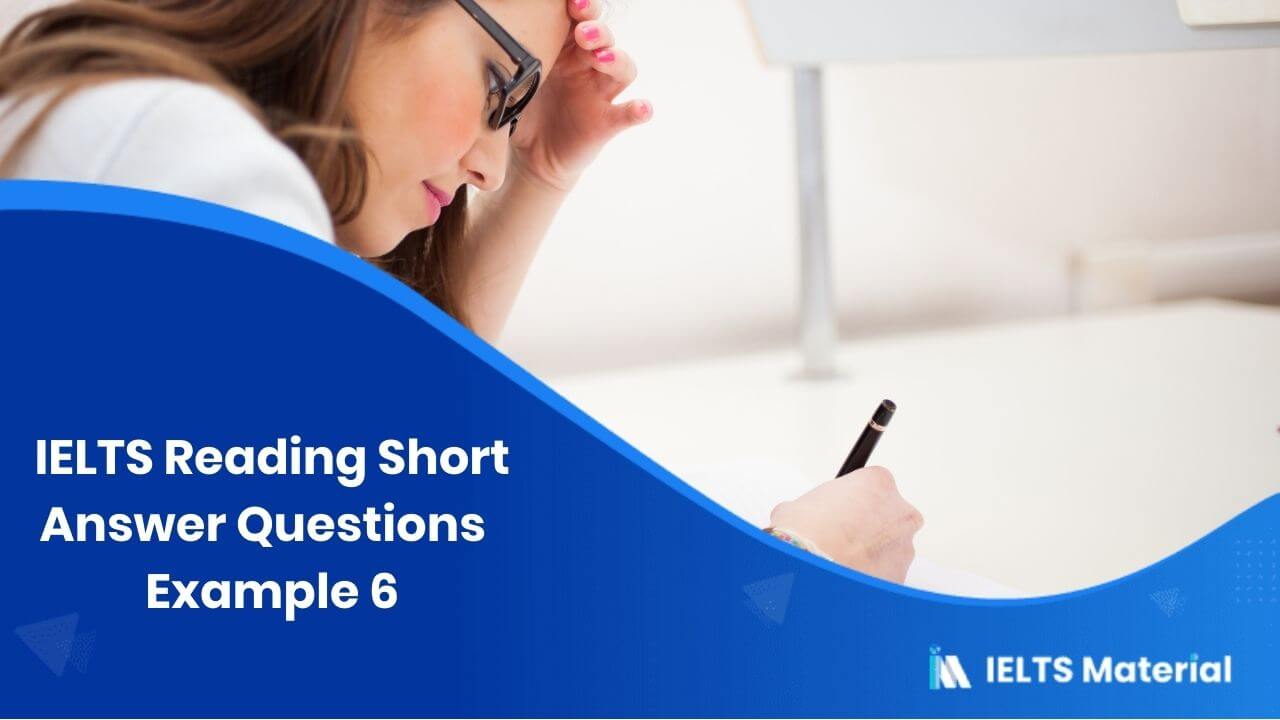IELTS Reading Short Answer Questions | Example 6
Table of Contents

Limited-Time Offer : Access a FREE 10-Day IELTS Study Plan!
Our Vanishing Night” Most city skies have become virtually empty of stars “ A. If humans were truly at home under the light of the moon and stars, it would make no difference to us whether we were out and about at night or during the day, the midnight world as visible to us as it is to the vast number of nocturnal species on this planet. Instead, we are diurnal creatures, meaning our eyes are adapted to living in the sun’s light. This is a basic evolutionary fact, even though most of us don’t think of ourselves as diurnal beings any more th`an as primates or mammals or Earthlings. Yet it’s the only way to explain what we’ve done to the night: we’ve engineered it to meet our needs by filling it with light. B. This kind of engineering is no different from damming a river. Its benefits come with consequences – called light pollution – whose effects scientists are only now beginning to study. Light pollution is largely the result of bad lighting design, which allows artificial light to shine outward and upward into the sky, where it is not wanted, instead of focusing it downward, where it is. Wherever human light spills into the natural world, some aspect of life – migration, reproduction, feeding – is affected. For most of human history, the phrase “light pollution” would have made no sense. Imagine walking toward London on a moonlit night around 1800, when it was one of Earth’s most populous cities. Nearly a million people lived there, making do, as they always had, with candles and lanterns. There would be no gaslights in the streets or squares for another seven years. |
Questions 1-4
Using NO MORE THAN FIVE WORDS, answer the following questions.
Write your answers in boxes 1-4 on your answer sheet.
- What are humans referred to as?
- What have humans done to the night?
- What resulted in light pollution?
- What are the factors impacted by human lights?
Answers
|
Explanation
Unlock Explanation
| The first answer is in the first para, 3rd line; “Instead, we are diurnal creatures, meaning our eyes are adapted to living in the sun’s light.”
The second answer is in the first para, 6th line; “Yet it’s the only way to explain what we’ve done to the night: we’ve engineered it to meet our needs by filling it with light.” For the third question, the answer is in the second para, 3rd line; “Light pollution is largely the result of bad lighting design, which allows artificial light to shine outward and upward into the sky, where it is not wanted, instead of focusing it downward, where it is.” The fourth answer is in the second para, 5th line; “Wherever human light spills into the natural world, some aspect of life – migration, reproduction, feeding – is affected.” |
Also check:
Practice IELTS Reading based on question types

Start Preparing for IELTS: Get Your 10-Day Study Plan Today!
Recent Articles

Nehasri Ravishenbagam

Haniya Yashfeen

Haniya Yashfeen

Haniya Yashfeen




Post your Comments